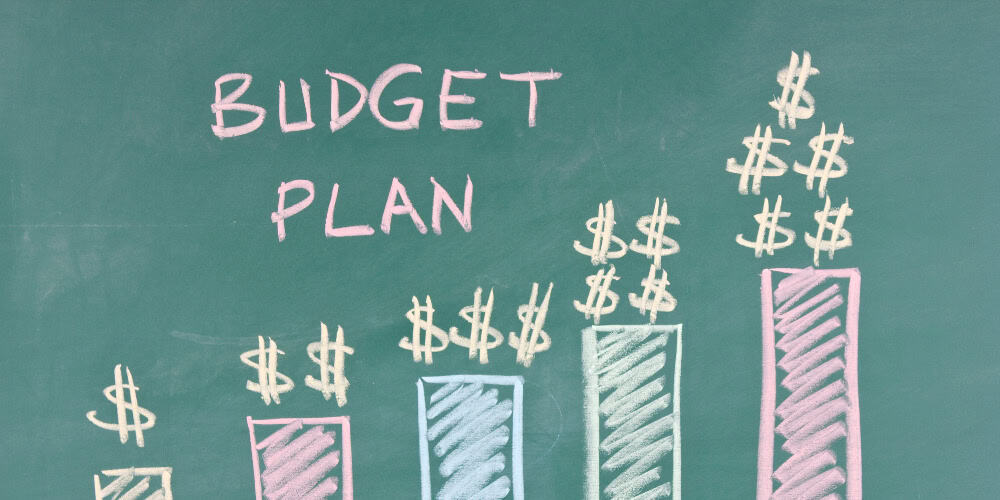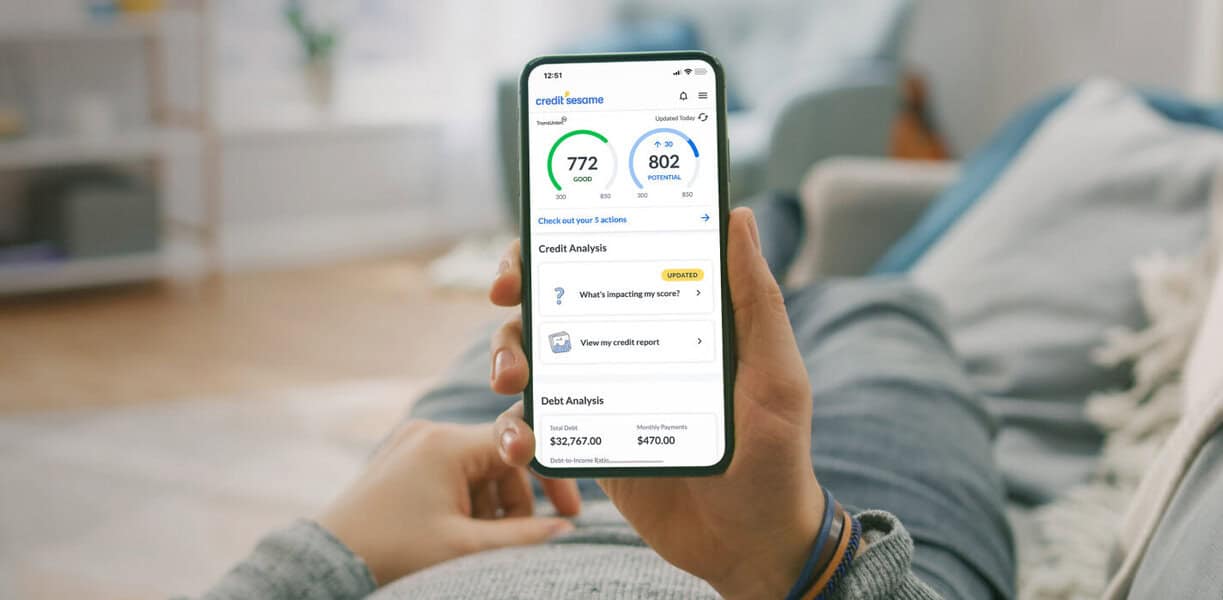It may seem that managing a personal budget is something you can do intuitively. However, according to experts at Payday Depot, this approach often leads to living from paycheck to paycheck and creates obstacles on the path to financial freedom. Managing your personal finances should be just as responsible and deliberate as a company’s budget. It’s something worth making a habit.
Why Keep and Plan a Personal Budget?
A financial plan and reporting to yourself help achieve financial well-being and accomplish not only short-term goals but also long-term plans, such as buying a home, a new car, debt repayment, and more. So, if you want to break free from the cycle, learn to earn more, or simply gain a clear picture of your financial situation and prospects, maintaining a personal budget is essential.
How to Create an Effective Budget?
You can learn to manage your finances, but at the initial stage, you can seek help from financial consultants, read relevant literature, or watch videos on YouTube. Mobile applications offering tools for efficient personal finance management can also assist you.
All the advice boils down to starting by assessing your current financial situation. You should consider all your debts, investments, and your income level. All of this forms your starting point, helping you evaluate progress and keep your financial situation under control. You can either write it all down on a separate sheet or use a planning program. Choose a method that suits you and get started.
Short-Term and Long-Term Financial Goals Are Your Friends
Once you’ve assessed your current financial situation, you can set your goals, both short-term and those you’d like to achieve in the near future, in 5 or 10 years.
Examples of short-term goals include
- debt repayment;
- paying utility bills and rent;
- covering day-to-day expenses;
- making small purchases.
Examples of long-term goals:
- Saving for a vacation;
- Buying a home or a car;
- Creating a reserve for unforeseen expenses.
Realistically Assess Your Financial Capabilities
Financial problems often arise when you try to overestimate your income and underestimate your monthly expenses. You’ll need to be brutally honest with yourself, describing every source of real income and even the smallest details of your regular expenses. Only then can you be sure that your budget is realistic. Sometimes, this might mean that you’ve overestimated your capabilities as a hint to seek new sources to increase your monthly income.
Track Your Expenses
Classify all your mandatory and situational expenses into several categories: housing, food, utilities, healthcare, transportation expenses, entertainment, discretionary spending, and so on. During the planning stage, you can decide how much you can allocate to each category. Meanwhile, keeping track of your expenses will help you adhere to your plan. Over time, you will see where you could save money and redirect it to other categories, such as savings, healthcare, education, and more.
Be Flexible
Your financial situation may change over time, for example, if you inherit money, get a better job, or profitably sell certain assets. In such moments, you can review your budget and plans, adjusting them to align with your real financial situation.
A Few Tips to Wrap Up
Be patient and disciplined. Initially, recording all expenses or budget planning may seem tedious or complex. It will take time for it to become a habit. In the meantime, you can set daily reminders (to record current expenses) and monthly reminders (for budget planning). You can set up daily reminders in the app where you manage your personal budget or use a regular alarm clock. For monthly reminders, you can use Google Calendar. These tools will help you get used to the new way of managing your personal finances and ensure that you handle your finances consistently and stress-free.












